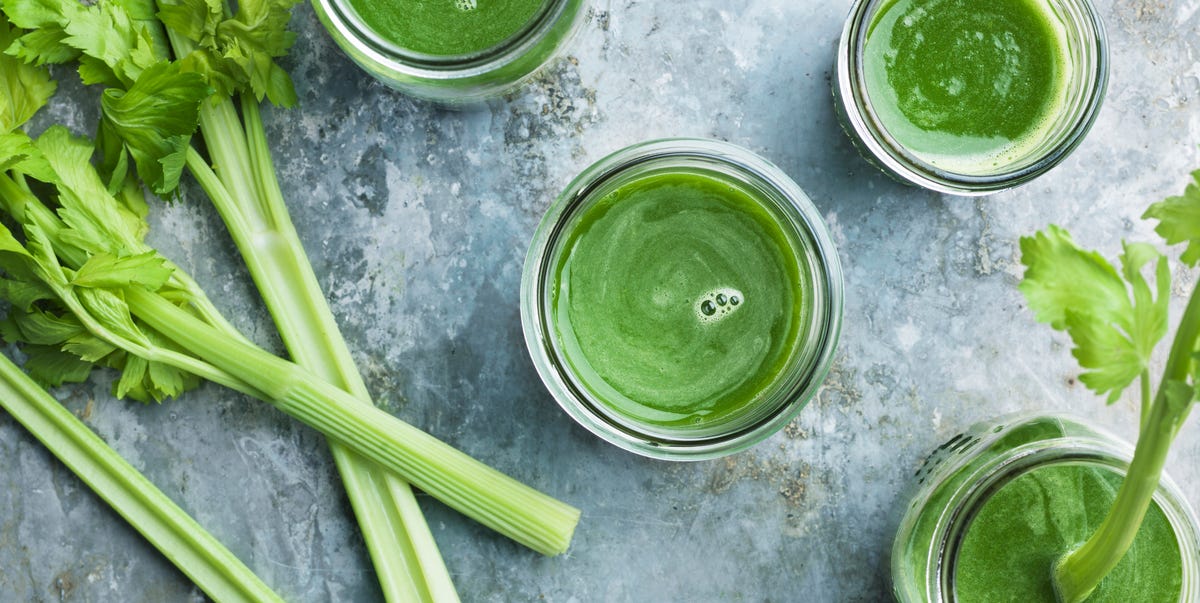
"Even the lower-fat versions of cured lunch meats contain the preservative sodium nitrate," says Suzanne Fisher, RD, LDN, founder of Fisher Nutrition Systems in Cooper City, Florida.
Same goes for supermarket roasted birds—they often contain far more sodium and saturated fat than your typical home-cooked poultry products if you purchase them fully seasoned and with skin on.Roast your own at home (try our Ultimate Roasted Whole Chicken recipe!) to control the amount of added sodium or seek out an unseasoned chicken and remove the skin to trim down on saturated fat.You might want to shake up your condiment strategy, as many store-bought ones are loaded with added sugar and/or sodium."Ketchup is very high in sodium as well," says Juan Rivera, MD, a cardiologist in Miami, Florida and chief medical correspondent for Univision Network and the author of The Mojito Diet.Just two tablespoons contains 320 milligrams of sodium—14 percent of the way to your daily suggested limit of 2,300 milligrams, recommended by the American Heart Association.A couple tablespoons of the typical bottle variety has about 310 milligrams of sodium.
Seek out Tessamae’s or Annie’s for a bit less sodium and fewer added sugars, or better yet: make your own and season to taste.
What makes reduced-fat salad dressings a cardiac crime is that they're actually hidden sources of sugar and salt, says Fisher.“When fat is removed, sugar is typically added to maintain the taste and texture,” she says.“Read food labels and ingredient lists to determine many grams of sugar may have been added as a fat substitute.“Low-fat peanut butters usually contain the same amount of calories as its conventional counterpart.
Now, most experts agree that a diet high in added sugar may be just as big of a threat by contributing to obesity, inflammation, high cholesterol and diabetes—all of which are risk factors for heart disease,” Batayneh says.
In theory they should be healthy, unless you count how many grams of sugar you are actually consuming,” Fisher notes.
“Plus, by drinking fruit instead of eating it whole, you lose the essential fiber that could help normalize elevated blood lipids—a key risk factor of heart disease,” Fisher says.
“Thus doubling or tripling the calories and sugar grams you may be drinking in one sitting,” she says.
While sodium ranges can vary, most broths contain at least 500 milligrams of sodium per cup.“Canned soups are extremely high in sodium, which can increase blood pressure for everyone and exacerbate the condition of individuals with heart failure,” Rivera says!However some canned vegetable products are packaged with excess added sodium which can take a vegetable with no salt and make it have more than a processed snack item,” says Jenna A.
Although these itty-bitty flower buds contain next to no calories, they can crank up the sodium level of your bagel and lox or grilled dish fast.As a reminder, “trans fat can increase risk of developing heart disease since they simultaneously lower good cholesterol and raise bad cholesterol,” Fisher says.“Some frozen foods and meals can pack over 1,000 milligrams of sodium in just one meal, and some in even just one serving,” Werner says.Go for granola or energy bars that contain less than five grams of sugar per serving,” Fisher says.
Research published in the Journal of the American Medical Association found that the sugar industry funded many of the studies that found that fat was the most-wanted heart disease culinary criminal
Turns out, excess sugar consumption (a single 3 Musketeers bar has 36 grams, or just shy of 3 tablespoons) has been scientifically tied to heart disease since at least the 1950s
High amounts of TMAO in the body has been associated with increased risk for heart attacks and stroke, according to the Cleveland Clinic